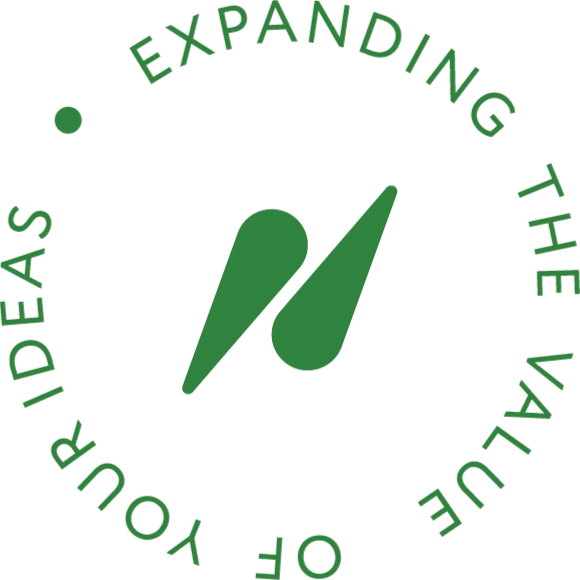Many trademarks may include non-protectable elements, which describe the type of goods these marks are used for, their characteristic or purpose. In Russia, it is possible to disclaim such elements, excluding them from overall protection of the mark. But what of marks that consist entirely or almost entirely of description of goods? The Russian legislation offers a solution in view of a “protectable combination” of unprotectable elements, which specifies that in some cases such elements can form a unique composition that can be distinctive for consumers.
One of the most common examples of combination of unprotectable elements is a label, which often includes many necessary indications of the goods it is intended for. Usually, distinctive color choice and presence of some original elements is enough for the Russian Patent and Trademark Office (Rospatent) to recognize the label as protectable, but is some cases the process of obtaining protection can become more tricky.
In one such case, the Russian PTO refused the registration of the combined trademark under trademark application No. 2021731850 submitted by “Savencia SA” for goods categorized as “cheeses.” According to Rospatent, certain elements of the trademark — including the verbal elements “Supreme,” “French soft cheese,” and “Incredibly creamy taste,” as well as a realistic depiction of cheese — indicate the product’s origin, the manufacturer’s location, and the nature and quality of the goods. Thus, these elements, including those that are laudatory, do not warrant protection. Since the non-protectable components dominate the trademark, registration was deemed unfeasible.
However, “Savencia SA” was set on defending its rights, first appealing the refusal decision at the Chamber for Patent Disputes, and then, in turn, at the IP Court.
While the applicant did not contest the unprotectability of the verbal element “Supreme,” the company argued that the distinctive font style, its angular placement within the trademark, and specific color choices allow it to be recognized as a distinctive composite element, qualifying it for potential exclusion from protection. The company also concurred with Rospatent’s assessment that the verbal elements “French soft cheese” and “Incredibly creamy taste” lack distinctiveness.
At the same time, “Savencia SA” emphasized that the trademark functions as a label — a particular category of trademark defined by its overall composition, which can exhibit distinctiveness even if it comprises several or all unprotected elements individually. Consequently, the company requested legal protection for the trademark in its entirety, omitting the verbal elements from protection.
The first instance court supported the Rospatent’s decision, but ultimately, the Presidium of the Court of Intellectual Property Rights ordered Rospatent to register the trademark under trademark application No. 2021731850, excluding the depiction resembling the flag of France, and recognizing the verbal elements “Supreme,” “Incredibly creamy taste,” “French soft cheese,” and the cheese image as unprotectable. In this scenario, the oval shape, font style, stylized depiction of a crown, the arrangement of elements, the color palette, and the portrayal of cheese as a partially sliced product collectively create a distinctive impression and form a unique composition.
The example of the label filed in the name of “Savencia SA”, which is currently registered in Russia under No. 1037204, shows the worth of fighting for protection even when Rospatent is insisting on the refusal. Local lawyers armed with solid knowledge of the legal foundation and up-to-date practice will be the best companions on this journey.
